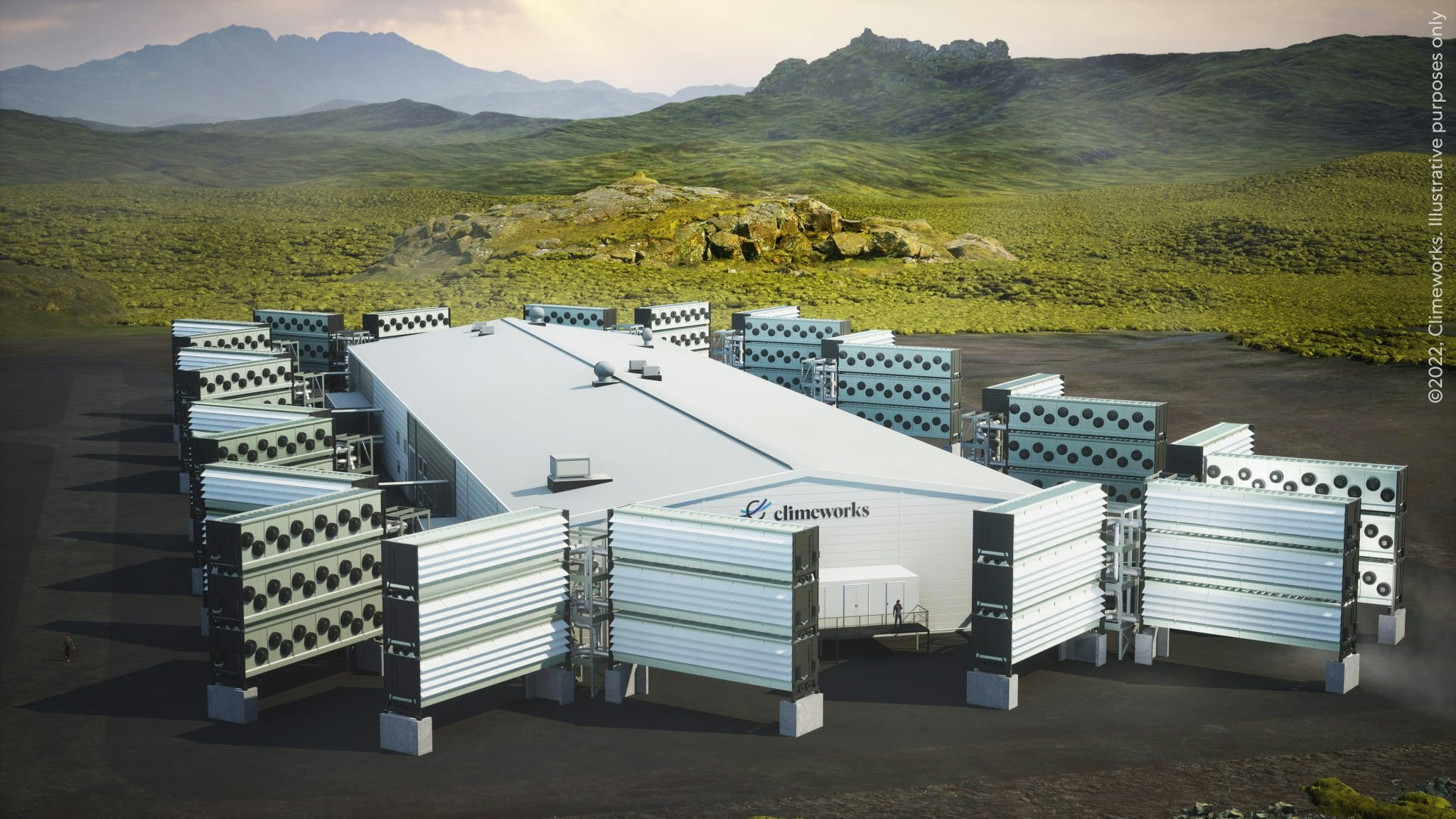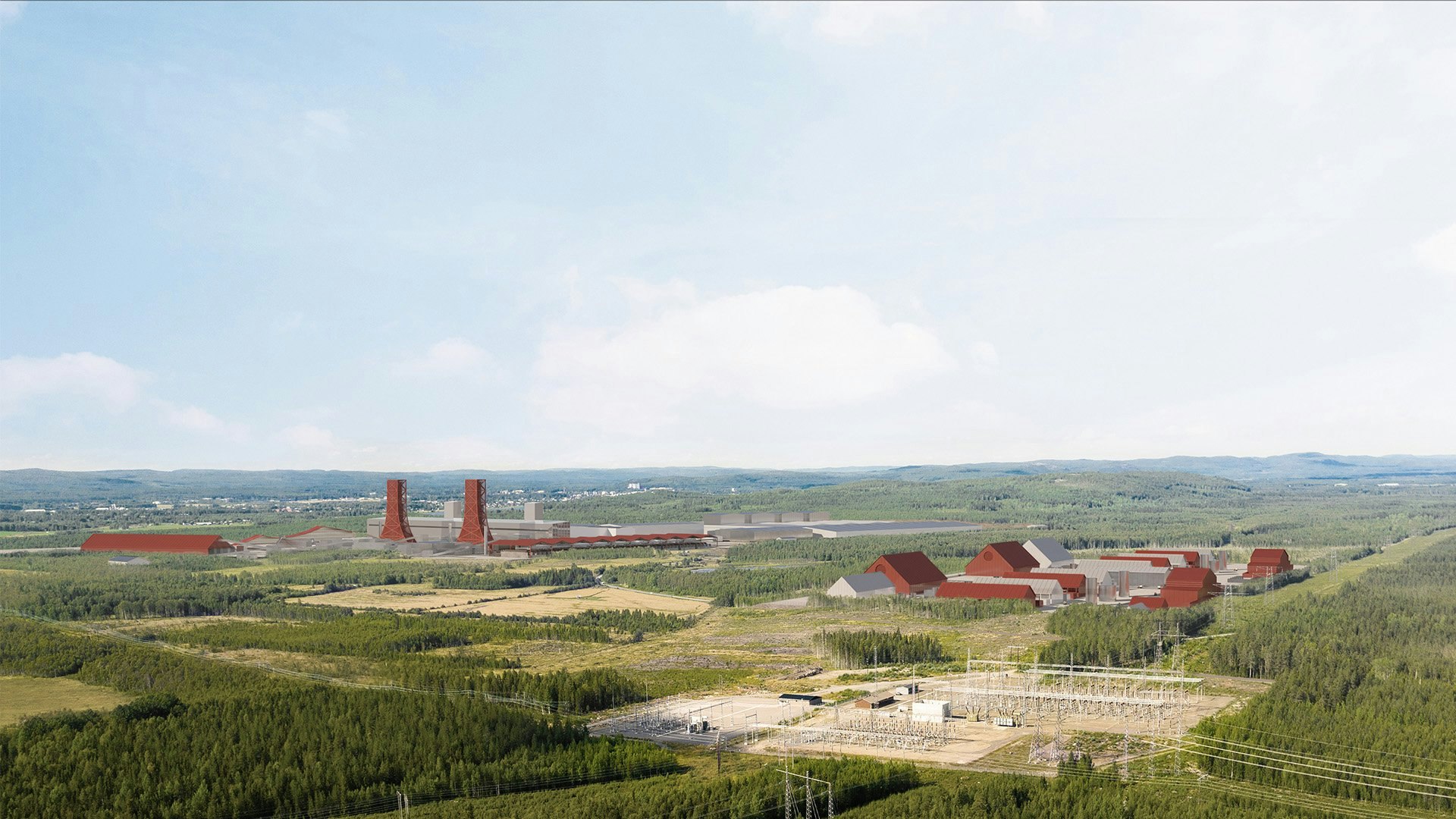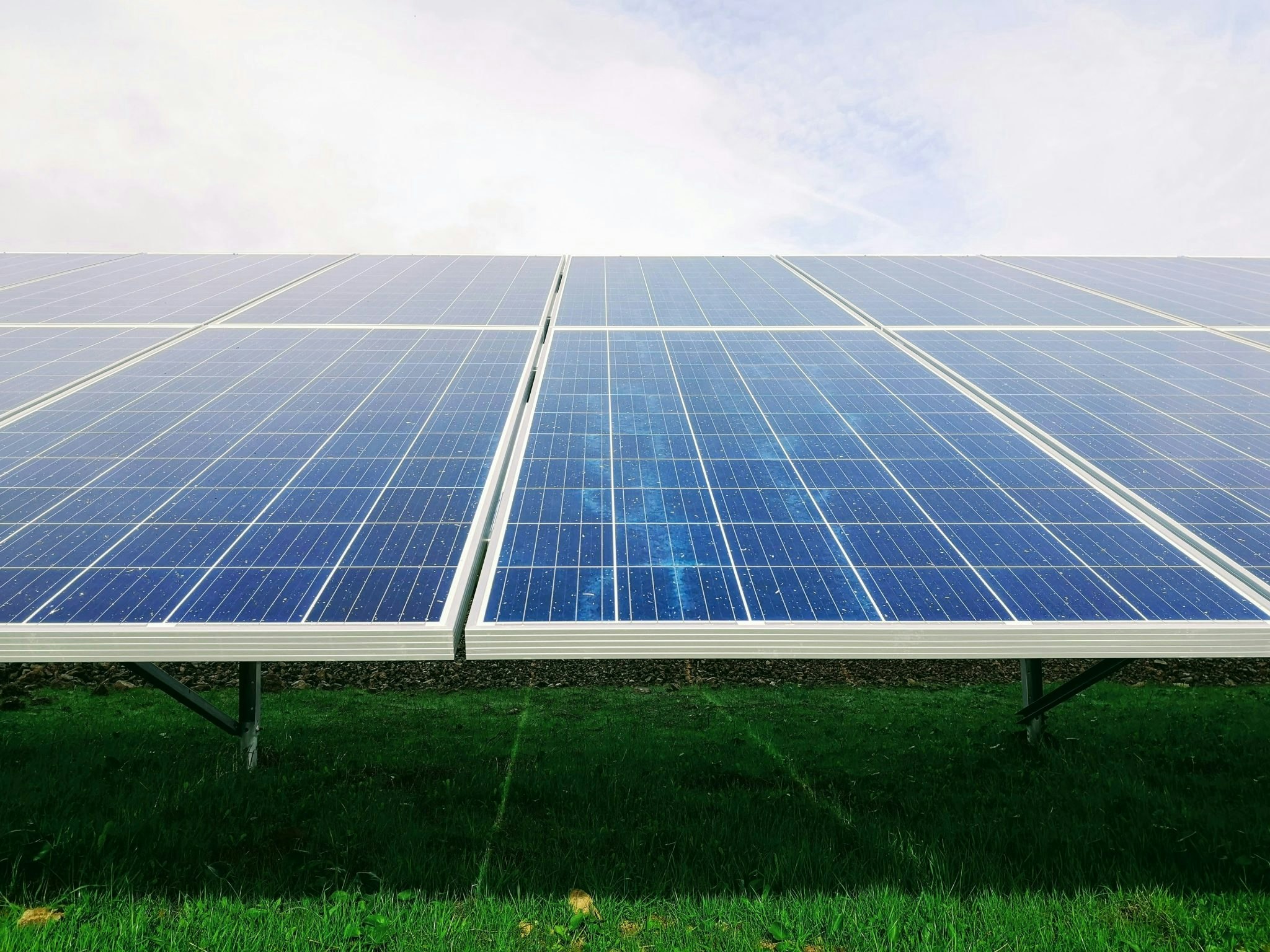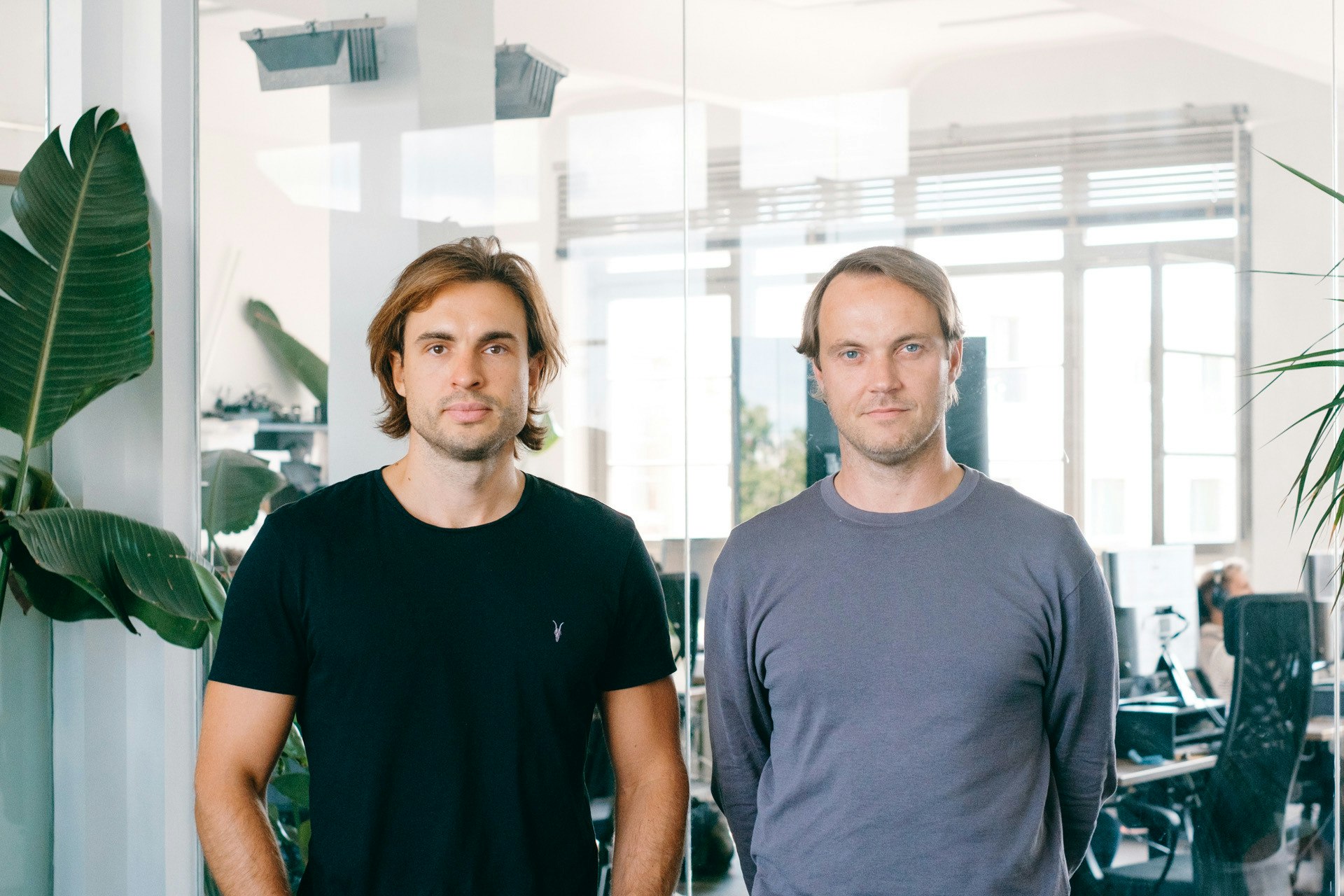This article is the latest in a series focused on climate infrastructure startups. Read Sifted’s initial infrastructure startup thesis, our analysis of how to fund them and our look at the intersection of infrastructure and software.
To solve the climate crisis, we need a whole lot of new hardware and physical infrastructure. A new wave of startups is doing just that: building things like battery manufacturing and carbon removal plants to help move towards a lower-emissions economy.
These climate startups are unlike the software companies that VCs have grown accustomed to (and often made their riches from). They’re capital intensive and have diverse cap tables, often with funding from infrastructure funds and real estate investors, alongside VCs.
And many are also looking at a different route to exit: selling to private equity firms.
Enter the PE exit
The typical path to exit for software startups is well-trodden — fundraise from VCs and then look to an initial public offering (IPO).
In the hardware and infrastructure sector, the exit strategy is less clear cut, says Stefan Maard, general partner at VC fund Climentum. “There’s three pathways: the typical IPO track, the trade sale to corporations and then there’s a third one, the private equity exit.”
Private equity (PE) firms typically invest in mid-stage or mature-stage companies, taking a majority stake. They take less tech risk than venture capital, favouring companies with tech proven at scale and that is already profitable.

Another typical PE strategy is to buy up lots of different companies in the same industry, merge and streamline them, and sell at a higher valuation.
The PE model has been used for a long time in infrastructure sectors like mining and oil reserves. Green infrastructure is at a ripe moment for PE-style investments, Maard says, as much of the tech is proven and ready to scale, and there’s an urgent need to green the infrastructure around us.
For VCs, PE firms’ entrance onto the cap table can mean pay day, says Sebastian Heitmann, general partner at VC fund Extantia Capital. “For the VCs, it’s typically an exit once PE comes in, and you tend to sell your shares,” he says.
PE firms raise climate funds
There’s been a flurry of large PE funds raised with a climate angle.
American PE fund KKR, which closed a $8bn European fund earlier this year, hired a co-lead for a new climate strategy in August this year. It’s set to focus on climate-related investments as part of KKR’s infrastructure platform.
Danish PE fund Copenhagen Infrastructure Partners (CIP) closed the first part of a renewable energy fund in July this year at $6.2bn. The firm has a large portfolio of renewable tech, including wind, solar, PV, biomass and energy storage.
Carbon capture and green steel
Carbon dioxide removals startup Climeworks, one of Europe’s highest-valued climate tech companies, received investment from Swiss PE firm Partners Group in August last year. Climeworks has proven its tech works at scale and is now in the roll-out stage — the opportune moment to secure PE backing.
Climeworks told Sifted that Partners Group took a minority stake in the company, and declined to comment on whether any previous investors sold shares at the time.
H2 Green Steel, the Swedish unicorn building hydrogen-powered steel manufacturing plants, has also secured private equity. Altor Equity Partners, a PE firm based in the Nordics, backed the company in three consecutive rounds.

For Klas Johansson, partner at Altor, H2 Green Steel is a perfect example of the type of company using proven tech and working on a model to roll it out – a phase where PE capital becomes an option.
“Direct reduction of iron to steel using electricity has been around forever, but no one has built the steel capacity. No one had thought of taking cheap green energy, leveraging that technology and completely changing the footprint of the end product, the steel,” he says.
“It’s about being smart and leveraging different input variables and existing technologies to form new innovation.”
Unlike a lot of PE firms, Altor doesn’t tend to take a majority stake in businesses, preferring to work alongside existing investors and founders — they sit alongside other investors on H2 Green Steel’s cap table.
Altor sees opportunities in solar, wind, batteries, green steel and heat pumps, Johansson says, areas where the need is to “rethink the value chain and deploy existing technologies.” PE firms like Altor can help develop a competitive business case around proven tech and scale it up, he says.
The risk: a funding gap
Despite the recent flurry of newly raised PE funds focused on climate hardware and infrastructure, there’s still a pitfall that could stop startups reaching the stage when they can grab some of the cash, Extantia Capital’s Heitmann says.
In Europe, there’s a widely acknowledged gap in funding for climate tech startups at Series B stage and beyond — a gap which could prevent startups from getting to the stage where they are large enough to secure PE funding.
That said, there are recent signs that PE firms are willing to back companies earlier and without the same revenue figures they would have previously asked for — potentially closing the gap between the PE cheque and the VC cheque.
Altor, for example, backed Aira, a heat pump deployment startup launched earlier this year. Aira is pre-revenue (so not a typical PE case) but it’s also not a venture capital case, because the tech is entirely de-risked.
“We have dubbed these companies industrial scaleups,” Johansson says,“ and we’re actively looking for those opportunities.”
As more climate hardware technologies mature to the stage where they’re de-risked and enter the rollout stage, there’ll be more PE deals incoming — potentially offering an alternative exit route for the VCs that get onto the cap tables early.
This article was updated on 4th December to include that Climeworks told Sifted that Partners Group took a minority stake in the company.


